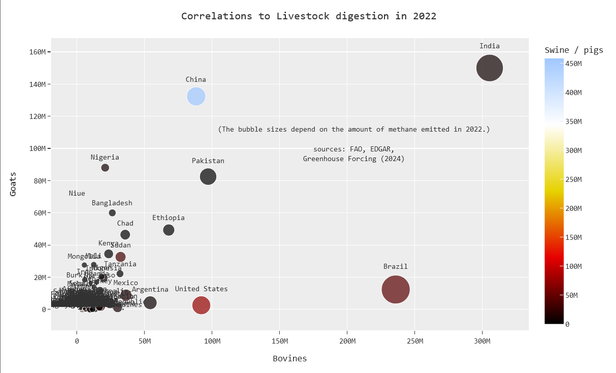@kevinrns @maugendre @agriculture @climate This is not a new idea, and every other study that's been done has come with a load of caveats, like:
Cows don't like the taste and will eat less if the percentage is too high.
It's uncertain if enough of the seaweed is available to make a difference. It's not a thing that's currently harvested in quantities enough to supplement feed.
It's almost certainly going to be more expensive to produce this type of feed. Current research has involved lab produced feeds - it's not a commercial product yet as far as I know, so it's not going to happen particularly soon, as I suspect it hasn't yet got any approvals for general use.
Even if a way was found to do this, you would have to find a way to get all dairy and meat farmers to use feed containing seaweed, globally.
Most cows generally don't eat 100% feed - a large proportion globally are put out to graze, and you can't add it to grass in fields. Accounting for that, the percentage methane reduction is much lower than 40% overall.
To be honest, it's just greenwashing.

